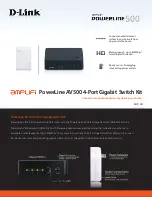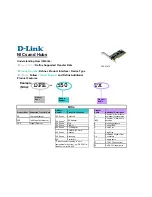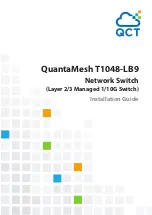
Chapter 31 Link Layer Discovery Protocol (LLDP)
XGS1930 Series User’s Guide
233
The next figure demonstrates that the network devices Switches and Routers (S and R) transmit and
receive device information via LLDPDU and the network manager can query the information using
Simple Network Management Protocol (SNMP).
Figure 161
LLDP Overview
31.2 LLDP-MED Overview
LLDP-MED (Link Layer Discovery Protocol for Media Endpoint Devices) is an extension to the standard
LLDP developed by the Telecommunications Industry Association (TIA) TR-41.4 subcommittee which
defines the enhanced discovery capabilities, such as VoIP applications, to enable network
administrators manage their network topology application more efficiently. Unlike the traditional LLDP,
which has some limitations when handling multiple application devices, the LLDP-MED offers display of
accurate physical topology, interoperability of devices, and easy trouble shooting for misconfigured IP
addresses. There are three classes of endpoint devices that the LLDP-MED supports:
Class I: IP Communications Controllers or other communication related servers
Class II: Voice Gateways, Conference Bridges or Media Servers
Class III: IP-Phones, PC-based Softphones, End user Communication Appliances supporting IP Media
The following figure shows that with the LLDP-MED, network connectivity devices (NCD) like Switches
and Routers will transmit LLDP TLV to endpoint device (ED) like IP Phone first (1), to get its device type
and capabilities information, then it will receive that information in LLDP-MED TLV back from endpoint
devices (2), after that the network connectivity devices will transmit LLDP-MED TLV (3) to provision the
endpoint device to such that the endpoint device’s network policy and location identification
information is updated. Since LLDPDU updates status and configuration information periodically,
network managers may check the result of provision via remote status. The remote status is updated by
receiving LLDP-MED TLVs from endpoint devices.
















































